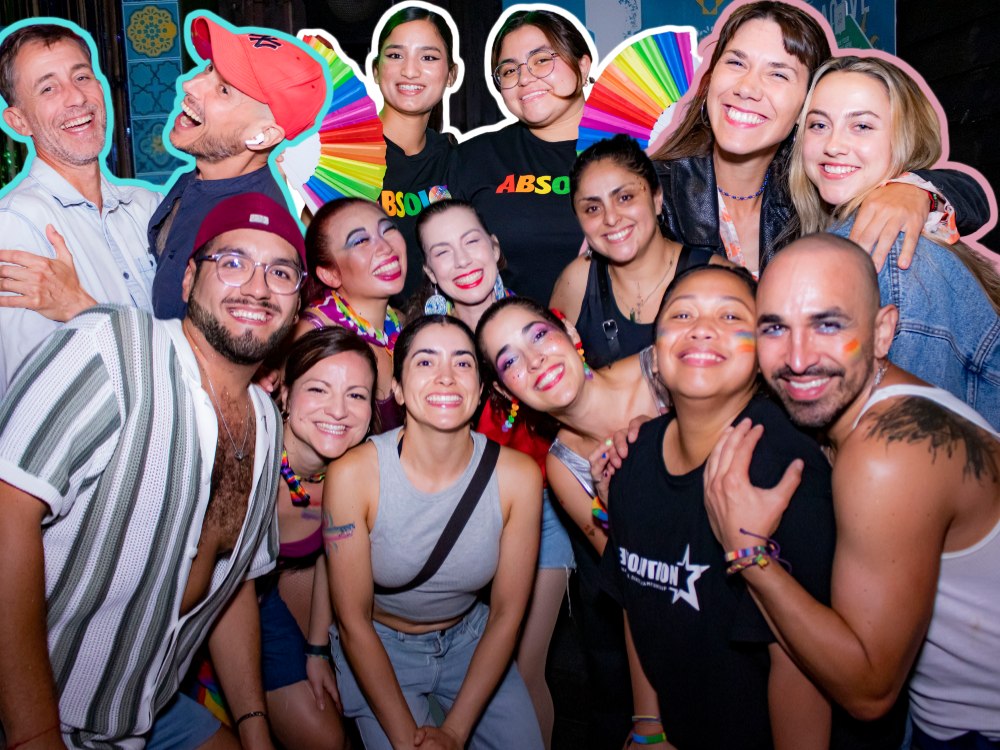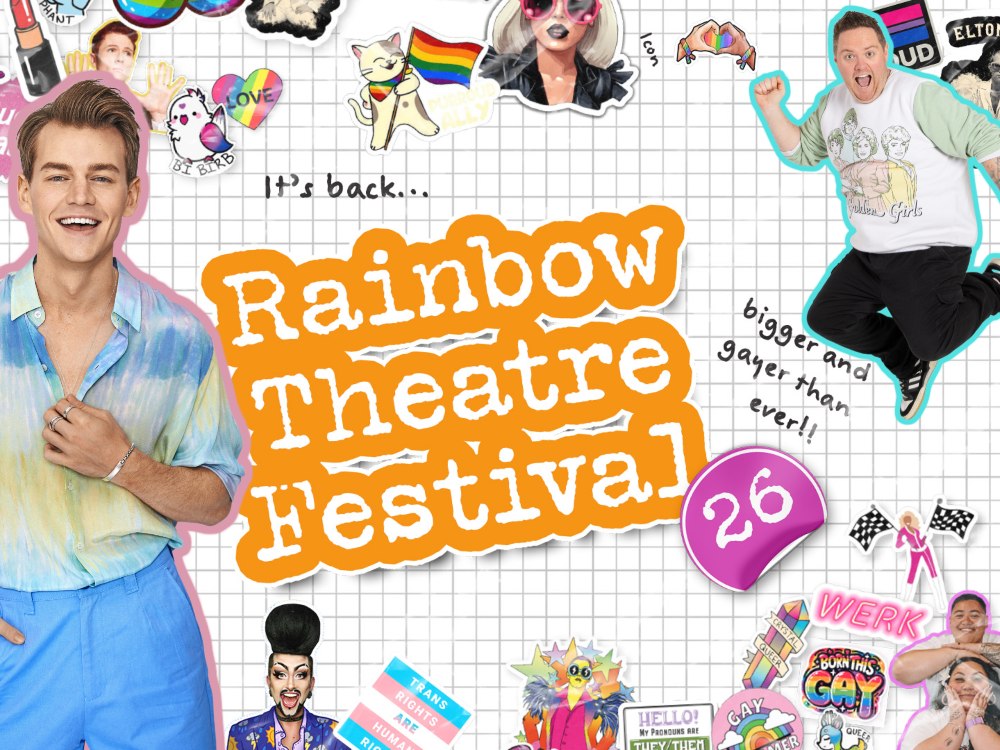Elijah Luke Michel eyes the proposed curriculum changes to the teaching of gender identity and reflects on the pre-colonial normality of trans identities.
Life was very different for indigenous nations around the world prior to the arrival of visitors, who brought with them their religious worldviews, monogamy, binary gender constructs and segregative justice system. The belief that the left hand was of the devil so all should write with their right was one thing; the insistence of using English, the language of the new arrivals, over their own language was quite another. Both were violently enforced.
In Aotearoa, while all Mãori were affected, moreso were takatãpui – LGBTQ+ people – who had previously existed naturally and inclusively within their tribes. As Dr Elizabeth Kerekere points out, “Takatãpui were part of the whanau; we were not separate, we were not put down, we were not vilified for just being who we are.”
They were not the only ones. Gender diversity was embraced by the American and Canadian First Nation cultures, alongside Myanmar, who deemed these people shamanic and divinely wise. Hawaii and other Pasifika Islands were accepting and inclusive, as were indigenous Australia, Thailand, India – even Egypt, from the 1200s to the 1500s.
A map published by the World Atlas of Language Structures shows that 57 per cent of languages do not have gendered pronouns. Te Reo Mãori is one of them, with the word ia referring to her, him, or that person. Many cultures have a third gender, or multiple genders, for which there is no word in English.
An article in The Indian Express about gender fluidity before colonisation states, “Ethnographic research reveals, therefore, that before the European dominance, there were absolutely no monolithic gender systems in place. The construction of two specific gender identities as non-interchangeable absolutes was, in fact, the invention of Euro-Western society, carefully built into the patriarchal framework.”
Hinaleimoana Wong-Kalu, one of the authors of Kapaemahu, which tells of the giant stone statues dedicated to four dual-spirit healers in Hawaii writes, “[The] process of colonisation has alienated us not only from our own people, history, language and culture but from our own self.”
The proposed curriculum changes around sexuality and gender “ideology” need urgent addressing to protect future generations. However, it’s not helpful to blame anyone. We are all the innocent offspring of our ancestors – the way they were raised, their desire to expand and create a better life and the choices they made that adversely affected others. However, we have a chance, especially as Pãkehã and Tangata Tiriti (treaty people), to stand as allies to and supporters of indigenous cultures around the world, especially our Tangata Whenua, Pasifika, and other indigenous communities in Aotearoa, understanding the privilege we live with regardless of our own rainbow identities.
Compassion towards those born into privilege who live unaware is important too, alongside gentle enlightening and a reminder that it’s not individual people who are bad or “evil” – not even those adversely participating in their roles in, say, policing or justice – but the system under which they operate. No one is born racist, sexist or phobic, and it can all be unlearned.
Cherokee Two-Spirit musician Tony Enos, in a 2022 HuffPost article, describes the importance of indigenous Two-Spirit people beautifully: “As it’s been told to me, if the morning is male and the evening is female, then Two-Spirits are the dusk. We were then, and are still, the balance-keepers in our living Indigenous cultures.” And as we all know, balance and equality are paramount to creating a better tomorrow for all.

































